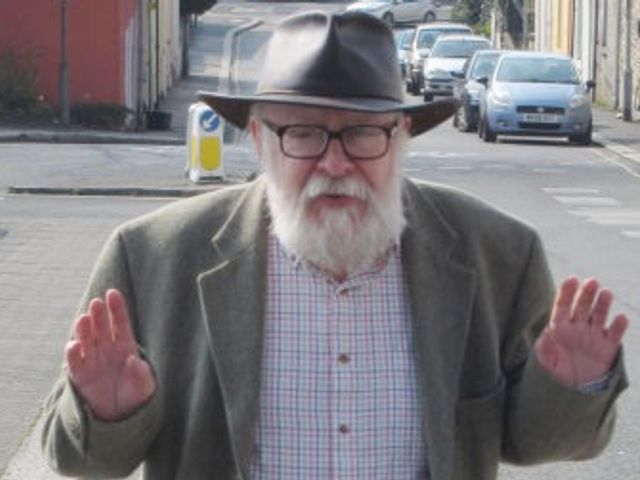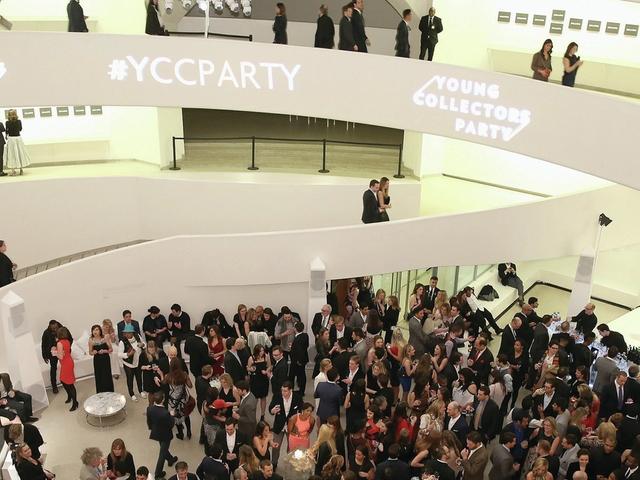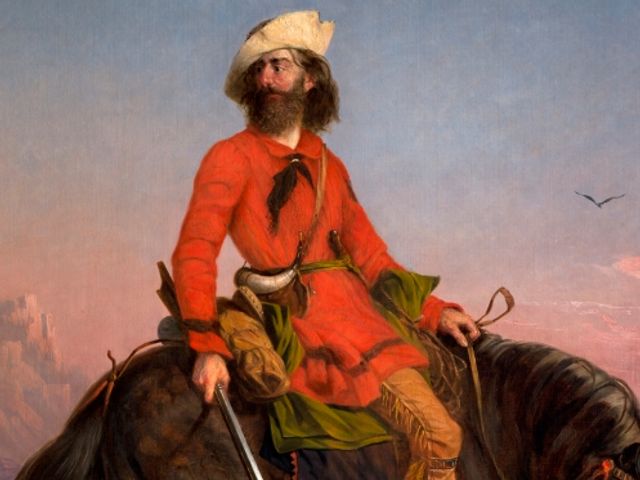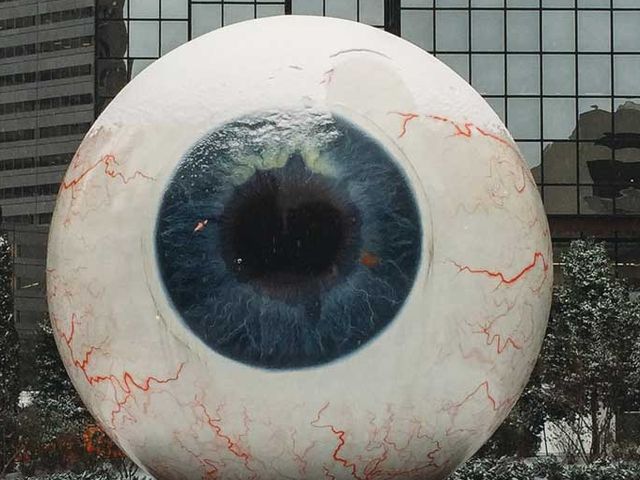Ethics
Judge orders destruction of convicted artist’s ‘indecent’ collection
Police say it is an offence to view the works seized from Graham Ovenden
Almost one third of solo shows in US museums go to artists represented by five galleries
Survey reveals prevalence of Pace, Gagosian, David Zwirner, Marian Goodman and Hauser & Wirth in exhibition programming
Hundreds of national museum workers on zero-hours contracts
Questions raised about the ethics of employment terms usually associated with discount stores and fast-food chains
V&A strengthens ties with Qatar by showing pearls exhibition from Doha, despite ethical concerns
Museum closes a cultural gulf
Collector Steven Brooks says Sotheby’s sold him Nazi art
Uncertainty over whether the work—once owned by Goering—was looted has apparently left it unsaleable
Benin mask withdrawn from Sotheby's auction
Cancellation follows accusations that the object was looted, although no formal claim has been made
Dealers are collectors, too, whether this is a problem comes down to a question of integrity
Some things are for sale. And some aren’t
Directors say OK to collectors’ shows
In response to The New Museum's current exhibition
New Museum show of trustee's collection is an insult to scholarship and curators
Private-collector museums
Museums lending to commercial galleries: The debate
Director of the Rose Art Museum examines both sides of the argument
British Museum, V&A, British Library and more face restitution claims as Ethiopia moves for Maqdala treasures
Treasures lost in the punitive sacking of Maqdala are subject to restitution claims
Denver Art Museum art-share deal under investigation for breaching deaccessioning guidelines
Billionaire collector was given a half share in a Charles Deas painting in exchange for funding a Thomas Eakins acquisition
A look at the ethical and economic problems underlying museum acquisitions
Museums should beware of being used as marketing tools by collectors
UCL damned over handling of looted Aramaic antiquities
A report which concluded that ancient bowls on loan from a Norwegian collector “must have been illegally excavated in Iraq” has not been made public
Eclectic collector’s show raises questions at Boston Museum of Fine Arts
Visitors are confused and staff suggest that museum is neglecting its artistic mission
'The art trade is the last major unregulated market'
Is it time for reform? Murky dealings came to light in 2005 as more collectors began to enter the scene—and brought their cases to court
Studying unprovenanced antiquities: The question of Schøyen's incantation bowls
University College London has set up an inquiry to examine the origin of “looted” bowls on loan from a Norwegian collector
Recent developments in restitution claims in Russia prove that some art theft is 'legitimate'; when it is committed by a government that is recognised by nations around the world
Unlike the heirs of Nazi victims, the descendants of collectors whose art was appropriated by the Bolsheviks are unlikely to have it returned
Oslo: Buddhism’s “Dead Sea Scrolls” for sale to Norway
Saved from Afghanistan by top collector, the manuscripts pose an ethical problem
How The Met and the Louvre are complicit in the illegal art and antiques trade: Interview with Manus Brinkman
Museums must set the standard for collectors and dealers, says Manus Brinkman Secretary General of the International Council of Museums
From primitive to art back to ethnology: too much zeal, says leading collector
Eugene Victor Thaw on the transformation of tribal art
Don’t just berate the thieves: look at the museums and excavators too
In the last of our series which publishes talks given in London this summer, Professor Sir John Boardman, Lincoln Professor Emeritus of classical archaeology and art at Oxford, singles out three areas for concern.
French association of Bronze-founders establish code of ethics
An attempt to combat the damage being caused by forgeries and unauthorised castings
The place of scholars in the commercial art market: how to avoid shameful infections and a diminution of the truth?
It is pointless to pretend that the commercial art world and the worlds of research do not interpenetrate each other. Here we look at the relationship, present and past, and ask ourselves, in what respect is the art historian any different from the lawyer who sells his opinion?





